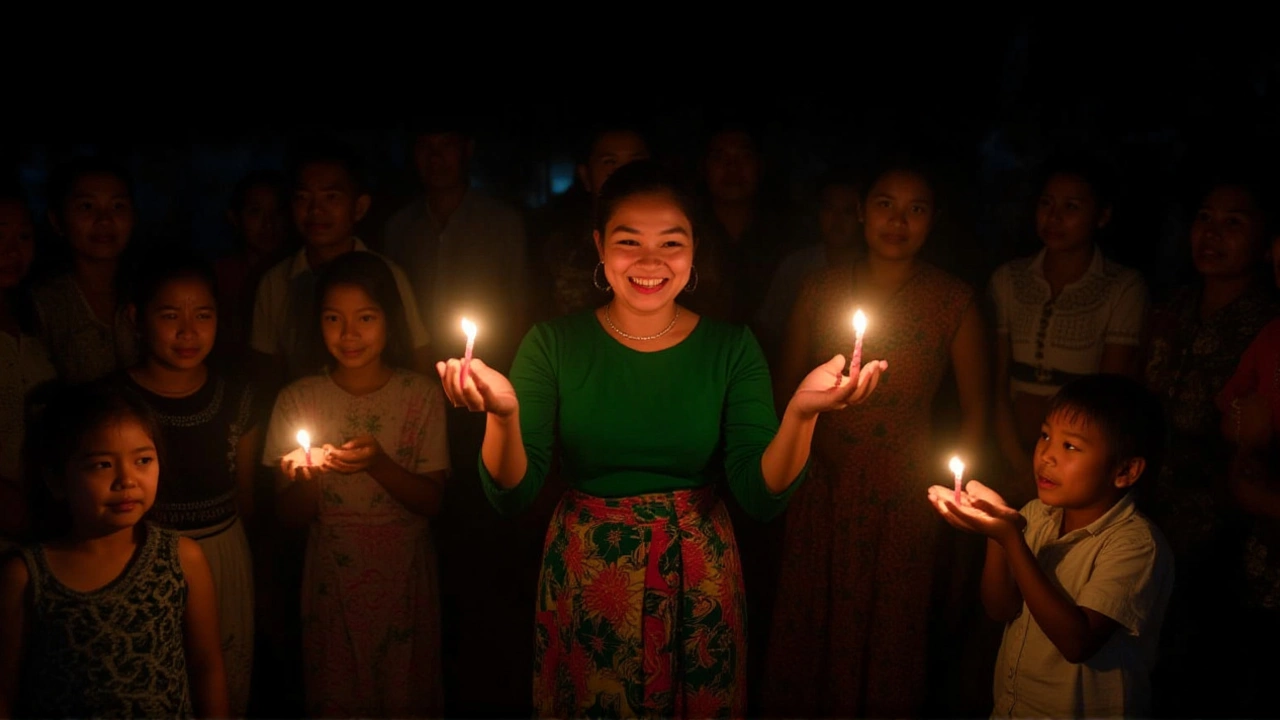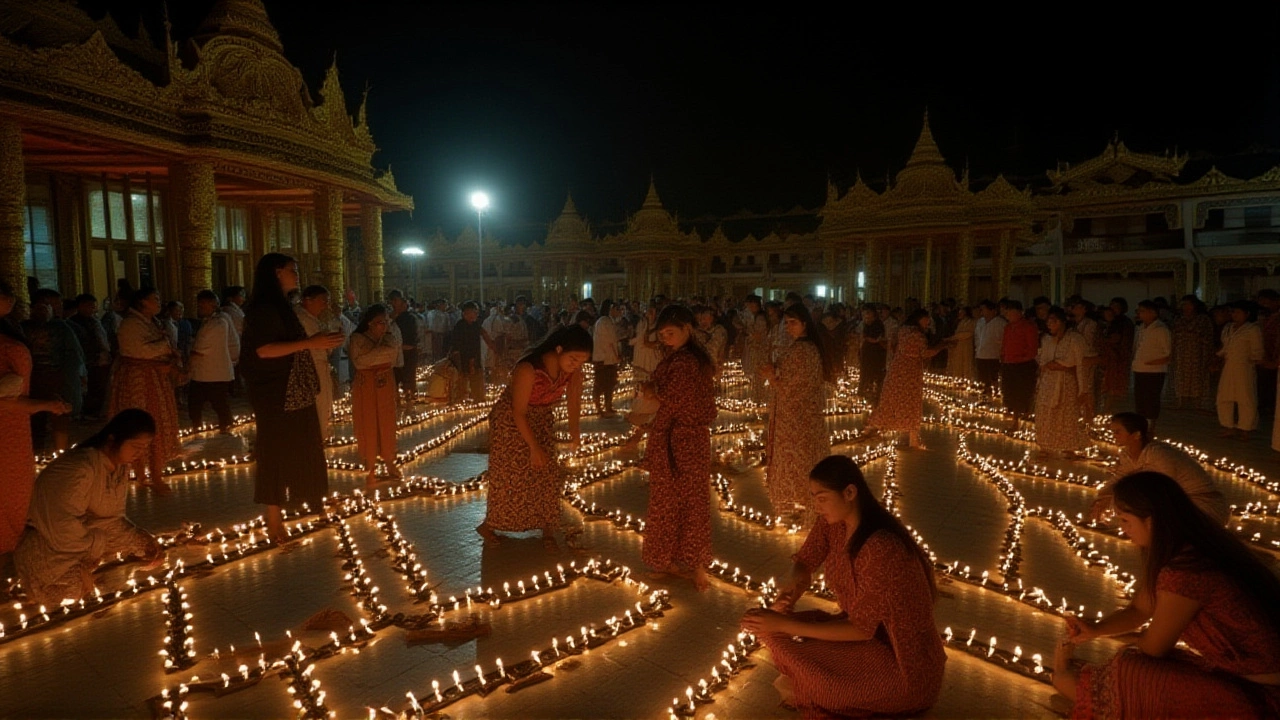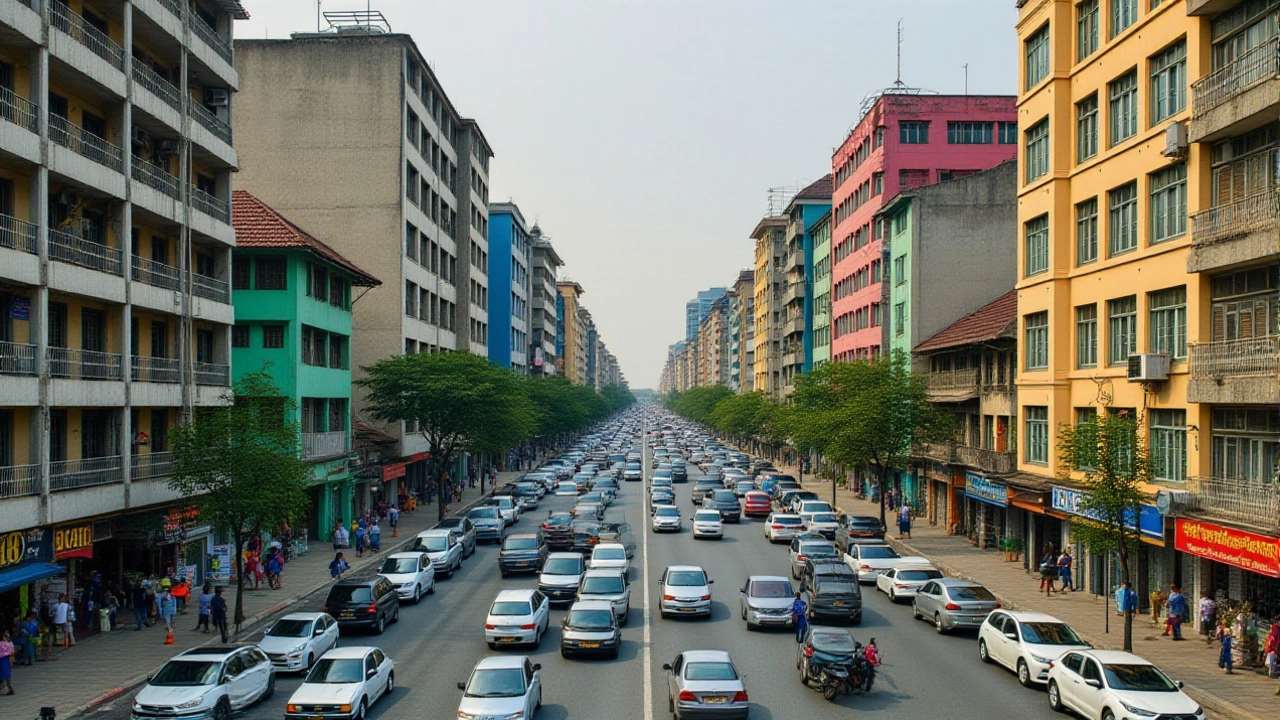When Telenor Group stepped into the courtroom of public opinion on August 20, 2025, it wasn’t to announce a new 5G rollout. Instead, the Norwegian telecom giant was forced to justify a dark chapter: the systematic handing over of customer data to Myanmar’s military junta after the February 1, 2021 coup.
According to a Reuters‑style investigation by Norway’s public broadcaster NRK, internal documents show that between February and July 2021, Telenor Myanmar supplied the junta with names, addresses, call logs, SMS metadata and even live location data for roughly 1,300 subscribers. The military, led by Min Aung Hlaing, planned to use that intel to imprison civilians for three to seven years – a claim echoed by survivors of the regime’s crackdown.
Background to the 2021 Coup and Telenor’s Footprint
Myanmar’s February 1, 2021 coup toppled the elected National League for Democracy and ushered in the State Administration Council (SAC), the official name of the junta. Within hours, the new regime issued an order demanding "national security" access to all telecom operators’ customer data. Non‑compliance meant revocation of licences and criminal prosecution under Section 66(d) of the country’s Telecommunications Law.
At that time, Telenor Myanmar served 18.2 million users, making it the largest private mobile network in the country. Its parent, Telenor Group, had entered the market in 2014 with a promise of responsible connectivity.
Telenor’s Decision‑Making Under Duress
The man on the ground was Jon Omund Revhaug, the chief executive of the Myanmar subsidiary. In an NRK interview he said, "The consequence of refusing orders from the military was to expose our employees to mortal danger." His words capture the classic duress argument the company leans on in its legal defence.
Documents reviewed by NRK reveal a grim timeline: on February 15, 2021, Telenor Myanmar’s compliance team flagged a request that could "potentially violate our policies." By March 2021, the company was already feeding the junta data on high‑profile figures, including Nobel Peace Prize laureate Aung San Suu Kyi and dozens of young democracy activists.
Legal Fallout and the Role of SOMO
Fast‑forward to 2025: Dutch research institute SOMO, together with Myanmar civil‑society coalitions like the Independent Labour Federation and Progressive Voice Myanmar, have filed a lawsuit alleging that Telenor’s data disclosures directly enabled arrests, torture and, in some cases, extrajudicial killings.
The claimants are seeking damages under the U.S. Alien Tort Statute and are also exploring derivative actions in Norway’s Oslo District Court. If successful, the case could set a precedent for holding multinational corporations accountable for human‑rights violations committed under coercive regimes.

Sale to M1 Group and the Military’s Continued Grip
While the legal battle brews, Telenor’s exit from Myanmar adds another layer of complexity. On July 1, 2021 the company announced a definitive agreement to sell its entire Myanmar operation to M1 Group. The deal, closed on June 28, 2022, transferred control to a consortium that includes Lebanese Prime Minister Najib Mikati and his brother, businessman Taha Mikati.
The winning bidder, Shwe Byain Phyu (SBP), is a local conglomerate with documented ties to the military through its co‑ownership of Mytel, a carrier jointly owned by the Myanmar Economic Corporation – the junta’s financial arm.
Reactions from Stakeholders
Human‑rights NGOs have slammed Telenor’s defence, calling it "a textbook case of profit over people." The United Nations Office for the Coordination of Humanitarian Affairs (OCHA) notes that the conflict has displaced more than 2.6 million people, underscoring the stakes of any data that could pinpoint dissidents.
Meanwhile, Telenor’s current Group CEO Sigve Brekke maintains that the data sharing was "legally compelled" and occurred before the 2021 divestiture. He adds that the company has since implemented stricter “human‑rights due diligence” across its portfolio.

Implications for the Global Telecom Industry
The case forces telecoms worldwide to confront a harsh reality: operating in authoritarian markets can implicate firms in state‑led repression. Industry analysts predict that investors will demand clearer “exit strategies” and more robust human‑rights impact assessments before green‑lighting deals in high‑risk jurisdictions.
On a practical level, regulators in Europe and the U.S. are already debating whether existing data‑protection laws, like the GDPR, should extend to cover forced disclosures to foreign governments. If such reforms pass, companies could face hefty fines for what they previously dismissed as "force‑majeure".
What’s Next?
Legal experts expect the SOMO‑led lawsuit to start its discovery phase by early 2026, with the first hearings likely in a U.S. federal court. Parallel proceedings in Norway could force Telenor to disclose internal communications that may shed light on how the company weighed employee safety against human‑rights risks.
For the 18 million former Telenor customers still living under the junta’s watch, the outcome of these cases could determine whether they ever see justice for the surveillance that led to arrests and, in some instances, imprisonment.
- Key Fact: Telenor Myanmar supplied data on roughly 1,300 users between Feb–Jul 2021.
- Key Fact: The junta planned prison sentences of 3‑7 years for those identified.
- Key Fact: Sale to M1 Group finalized on June 28, 2022.
- Key Fact: Over 2.6 million people displaced by the conflict (OCHA, 2025).
- Key Fact: Legal actions filed under the Alien Tort Statute and Norway’s corporate law.
Frequently Asked Questions
How does Telenor’s data sharing affect Myanmar’s opposition groups?
The disclosed data enabled the junta to locate, arrest and, in some cases, imprison activists, journalists and members of the National Unity Government. By mapping call‑logs and GPS traces, the military could pre‑empt protests and dismantle underground networks, severely hampering opposition coordination.
What legal grounds are claimants using against Telenor?
Plaintiffs rely on the U.S. Alien Tort Statute, arguing that Telenor aided and abetted crimes against humanity. They also pursue a derivative suit in Norway, alleging breaches of the UN Guiding Principles on Business and Human Rights and seeking compensation for economic losses suffered by affected customers.
Could this case change international data‑protection laws?
Potentially. Lawmakers in the EU are already debating extensions to the GDPR that would penalise companies for forced disclosures to repressive regimes. A landmark judgment against Telenor could fast‑track such reforms, making compliance with authoritarian data‑requests a corporate liability.
What role did the sale to M1 Group play in the controversy?
The sale transferred control of the network to a consortium with close ties to the military via Shwe Byain Phyu and Mytel. Critics argue the transaction insulated Telenor from liability while cementing the junta’s grip on user data, effectively handing over a surveillance infrastructure to the regime.
What steps is Telenor taking to prevent a repeat of this scenario?
Telenor Group says it has introduced a "human‑rights due diligence" framework, reinforced encryption standards and committed to transparency reporting for all high‑risk markets. The firm also pledged to cooperate with any lawful investigations while advocating for stronger international safeguards.
